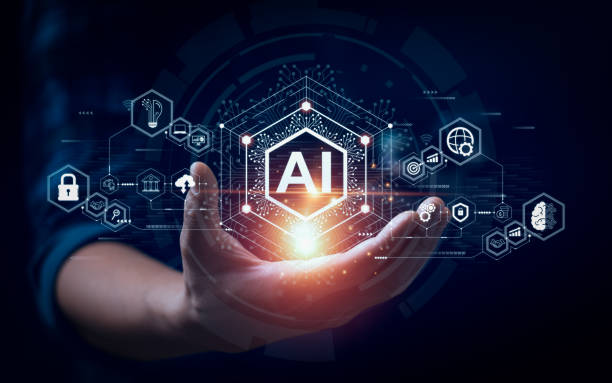In the age of technological advancements, the question of whether AI will replace humans has become a hot topic of debate. The rapid evolution of artificial intelligence has triggered curiosity and concern about its potential impact on various industries and the workforce. This article aims to delve into this thought-provoking subject, examining the capabilities of AI, its current applications, and the likelihood of it entirely replacing human roles.
Understanding Artificial Intelligence (AI)
Artificial Intelligence refers to the simulation of human intelligence in machines programmed to think and mimic cognitive functions such as learning, problem-solving, and decision-making. AI encompasses various branches, including machine learning, natural language processing, and robotics, each contributing to different aspects of intelligent behavior.
AI's Current Applications
AI has permeated numerous facets of our lives, revolutionizing industries such as healthcare, finance, transportation, and entertainment. Machine learning algorithms power personalized recommendations on streaming platforms, facilitate efficient logistics operations, and even aid in medical diagnosis by analyzing vast amounts of data.
In the workplace, AI streamlines tasks, automates repetitive processes, and enhances productivity. Chatbots handle customer queries, virtual assistants organize schedules, and data analysis tools provide valuable insights, optimizing workflows across sectors.
AI vs. Human Capabilities
AI excels in handling repetitive tasks with precision and speed. It doesn't tire, get bored, or require breaks, making it a reliable asset in industries relying on repetitive processes. Its ability to process vast amounts of data within moments surpasses human capacity, enabling efficient analysis and decision-making.
Conversely, humans possess unique qualities that set them apart from AI. Creativity, emotional intelligence, empathy, and complex problem-solving are intrinsic human traits that machines struggle to replicate. Jobs demanding innovation, human interaction, nuanced decision-making, and ethical judgment remain firmly within the human realm.
The Evolution of Jobs in the AI Era
The integration of AI into industries has indeed led to the automation of certain roles. However, it has also sparked the creation of new job opportunities. As routine tasks get automated, humans can focus on tasks requiring human ingenuity, adaptability, and emotional intelligence.
The Future Coexistence of AI and Humans
Rather than replacing humans, AI is poised to collaborate and complement human abilities. Human-AI collaboration can amplify productivity, innovation, and problem-solving capacities. Industries embracing this collaboration witness a symbiotic relationship where AI augments human capabilities rather than rendering them obsolete.
Conclusion
In conclusion, the rise of AI presents a transformative shift in various industries, but the notion of it completely replacing humans remains far-fetched. While AI excels in specific tasks, the distinct human qualities of creativity, emotional intelligence, and ethical judgment continue to be irreplaceable. The future lies in a harmonious coexistence where humans leverage AI to augment their capabilities, leading to enhanced efficiency and innovation in the workforce.
As we move forward, embracing the potential of AI while acknowledging and nurturing uniquely human skills will pave the way for a progressive and balanced future.
Remember, the future isn’t just about AI replacing humans; it's about humans and AI working together to create a better world.



Comments